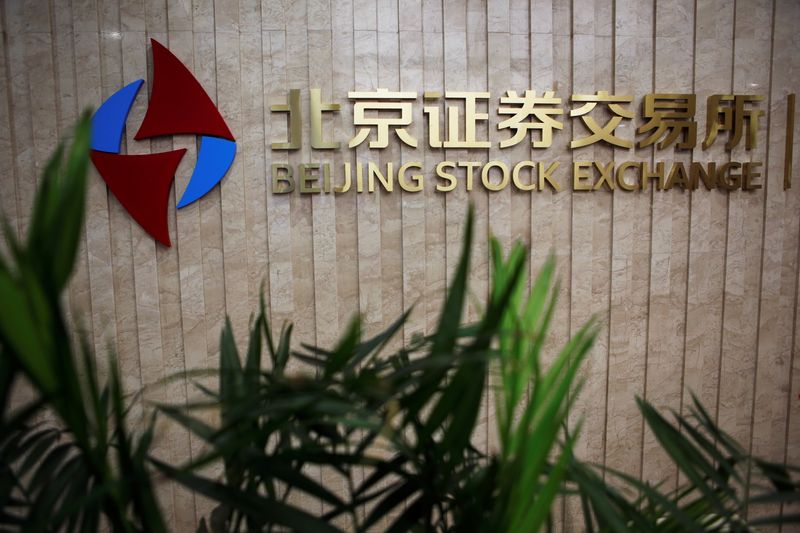SHANGHAI (Reuters) - China's IPO applications slumped by a third in the first half of 2023, as earnings volatility, a slowing economy, and tighter regulatory scrutiny deterred potential candidates.
Chinese exchanges, which vet initial public offering (IPO) plans, accepted around 330 new applications during the period, down from more than 500 a year earlier, exchange data shows.
Although Beijing has adopted a registration-based system designed to let the market decide which companies list, bankers have said that the process largely remains at the discretion of authorities, using unwritten rules to decide on the grounds of national security or industrial policies.
Terence Ho, Greater China IPO Leader at EY, attributed the sharp fall in applications in January to June partly to some listing hopefuls failing to meet revenue or profit requirements as last year's Chinese economic downturn hit their businesses.
In addition, "regulators have imposed stringent rules and penalties on the sponsors, making them more cautious in sponsoring companies' IPOs," Ho said.
Although total proceeds raised on China's IPO market shrank from last year, it was still the biggest globally in the first half, dwarfing others including New York and Hong Kong.
Shanghai's tech-focused STAR Market was the top venue, where companies raised $10.6 billion via IPOs in the first six months.
Shenzhen startup ChiNext was the second-biggest IPO hub with $9.3 billion raised, followed by New York, with listings worth $5.4 billion, Refinitiv data showed.
Syngenta, which is seeking to raise 65 billion yuan ($9 billion), has got a green light from the Shanghai Stock Exchange and could be the year's biggest listing in China.
Hua Hong Semiconductor Ltd has received China Securities Regulatory Commission (CSRC) approval for a public share sale worth 18 billion yuan ($2.5 billion).
Meanwhile, more than 100 companies ended their IPO applications in the first half, most voluntarily, reflecting fading hopes of getting a regulatory go-ahead.

"The number of applicants dropped a lot because the implicit bar is getting much higher," said a banker who declined to be identified because he was not authorised to speak to the media.
($1 = 7.2315 Chinese yuan renminbi)